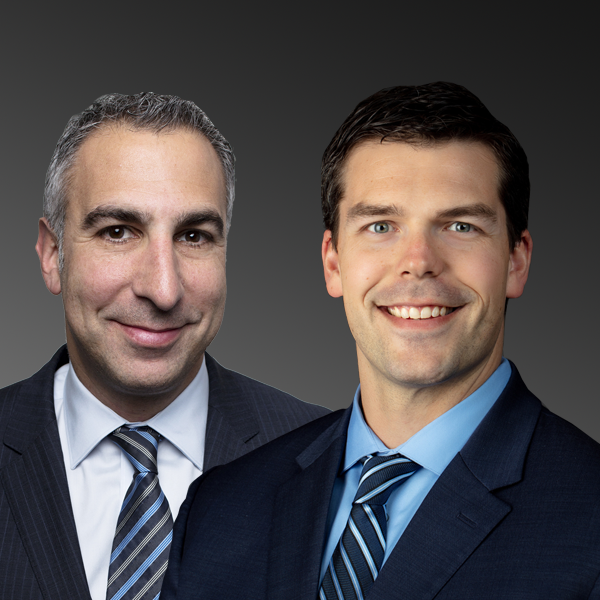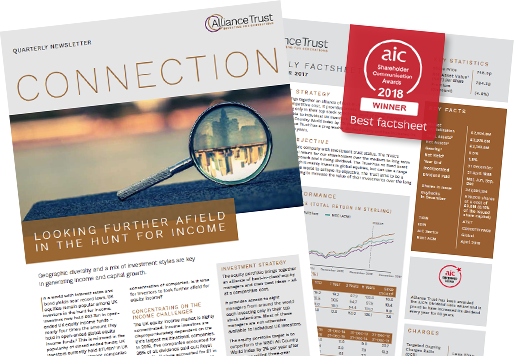Investment trusts outperform open-ended funds, according to academic research
When thinking about investing in an active fund investors traditionally choose between a Unit Trust* which is an open-ended vehicle and an Investment Trust** which is a closed-ended vehicle. Both vehicles are managed by a professional fund manager.
The choice between Unit Trusts and Investment Trusts depends on a range of factors such as the investor’s need for liquidity, their time horizon and the trading costs involved.
However, the performance of the respective vehicles can also be important.
To date, there has been no independent academic research that has compared the performance characteristics of open-ended and closed-ended equivalents. Such a comparison is difficult because of the different structures of the two investment vehicles and because some Investment Trusts have few equivalents among Unit Trusts.
New research from Cass Business School has made the first direct comparison between the performance of Investment Trusts and those of Unit Trusts – making the first “apples to apples” comparison of their alpha generating record.
Using a large sample of UK-domiciled Unit Trusts and Investment Trusts, the Cass researchers found evidence to suggest that the alpha generated by Investment Trust managers was, on average, higher than the alpha generated by managers of equivalent Unit Trusts.
To come to this conclusion the Cass researchers, Professor Andrew Clare and Dr Simon Hayley, took into account a whole range of issues that could otherwise have potentially distorted the picture, these included:
- The sectoral composition of the Investment Trust industry;
- The typical risk profile of Investment Trusts;
- Use of leverage;
- Share buybacks at a discount; and
- Possible survivorship bias in the dataset
Accounting for all of these factors, the Cass researchers still found that the performance difference between the funds managed within an Investment Trust and that of a comparable Unit Trust averaged around 0.8% per annum over any one year.
Professor Andrew Clare, one of the Cass researchers, commented:
We were quite surprised to find such a difference. Our results suggest that the structure of an Investment Trust, where the manager does not have to contend with constant inflows and outflows, may have led to better or more efficient investment decisions.
However, Dr Simon Hayley added:
Comparing raw investment returns across these two sectors can be misleading, since there are many factors at work. However, even after correcting for these factors, Investment Trusts outperformed Unit Trusts over this period. We will continue to investigate the factors behind this difference in future research.
Cass’ research was supported by a small practitioner group coordinated by Will Goodhart, chief executive at CFA UK, the UK’s leading professional body for the investment sector.
The research was presented for the first time at the Future of Investment Trusts conference on June 14th at The Ned in London.
See the full article here






